
Selected reviews about elderly care communities
Selected reviews about elderly care communities offer valuable insights into the experiences of residents and their families. These reviews can highlight the strengths and weaknesses of different communities, helping you make an informed decision when choosing the right care for your loved one.

Early-morning Cigarettes Raise Cancer Risk, Research Says
Research indicates that smoking cigarettes in the early morning significantly increases the risk of developing cancer. The study highlights that this habit may alter the body's circadian rhythms and impact metabolic processes, potentially leading to heightened cancer susceptibility. Early smokers may face greater health risks compared to those who smoke later in the day.
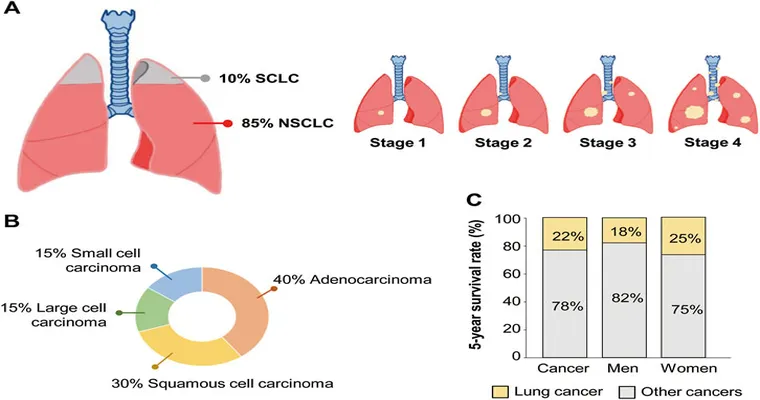
Lung Cancer; An Unnecessary Death
Lung cancer remains a leading cause of cancer-related deaths, often due to late diagnoses and preventable risk factors like smoking. Awareness and early detection are crucial, as timely interventions can significantly improve survival rates. Education about lifestyle choices and screening can help reduce the unnecessary loss of lives to this disease.

Is it normal for a person to eat during transitioning?
Eating during a transition period is common and can serve various purposes, such as coping with stress or changes in routine. It’s important to recognize that everyone's experience is unique, and for some, food may provide comfort or a sense of normalcy amid significant life changes.

My mom's struggling to acclimate at memory care. She often cries and isolates. They think a mood stabilizer would help. Is that true?
My mom is having difficulty adjusting to memory care, frequently experiencing tears and withdrawing from others. The staff suggests that a mood stabilizer might improve her emotional state. This medication could potentially help her feel more balanced and engaged, but it's essential to consult with her healthcare provider for personalized advice.

How can I get my husband to eat more well-rounded meals?
Encourage your husband to try well-rounded meals by introducing variety and appealing flavors. Involve him in meal planning and cooking to spark interest. Gradually incorporate nutritious ingredients into dishes he already enjoys, and share the benefits of a balanced diet to motivate him toward healthier choices.

How do you handle a parent (mom) who sits in a chair all day and will no longer do anything for herself, claiming she is just lazy?
Approach the situation with empathy and understanding, acknowledging her feelings. Encourage gentle conversations about her interests and past activities to reignite motivation. Suggest small, manageable tasks or hobbies that can be integrated into her daily routine. Consider involving a healthcare professional to address any underlying issues affecting her energy and motivation.

Any ideas why our loved one is not eating?
Loss of appetite in a loved one can stem from various factors, including emotional distress, physical illness, medication side effects, or changes in routine. Stress, depression, or anxiety may also play a role, along with age-related changes in taste and digestion. Understanding the underlying cause is essential for providing support.

Does anyone ever lose their patience when giving instructions to someone in their care that doesn’t seem to understand what you want done?
When providing instructions to someone who struggles to understand, frustration can easily arise. This challenge often tests patience, as the caregiver seeks to convey information clearly and effectively. The desire for progress and understanding may lead to heightened emotions, making it crucial to approach the situation with empathy and persistence.

Are You Getting the Best Eyeglasses and Care for Aging Eyes?
As we age, our vision changes, making it essential to choose the right eyeglasses and receive proper care. Quality lenses and frames tailored to individual needs can enhance clarity and comfort. Regular eye exams and consultations with eye care professionals ensure optimal vision health and help address age-related challenges effectively.
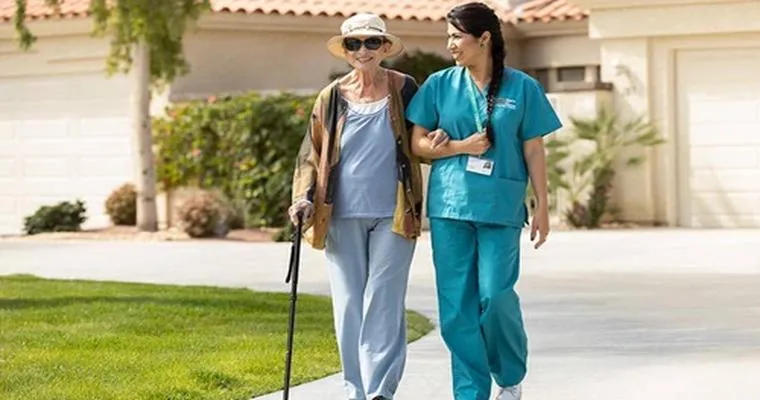
How to Make Life Easier and Safer for Seniors with Low Vision
Creating a safer and easier environment for seniors with low vision involves enhancing lighting, using high-contrast colors for better visibility, and minimizing clutter to prevent falls. Implementing assistive technologies, providing clear signage, and ensuring regular eye check-ups can significantly improve their quality of life and foster independence.

Hobbies and Activities for Blind and Low-Vision Seniors
Engaging hobbies and activities for blind and low-vision seniors include tactile crafts, music, gardening with sensory plants, and storytelling. Group activities like braille reading clubs or cooking classes foster social connections, while adaptive technologies enhance experiences. These pursuits promote creativity, learning, and overall well-being, enriching their daily lives.
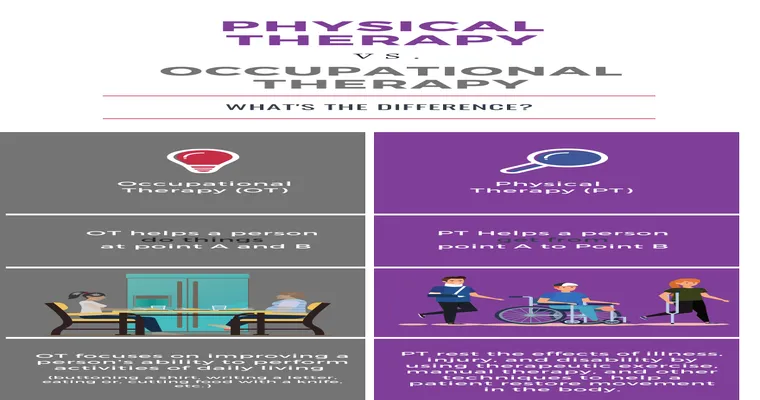
Occupational therapy or physical therapy consult?
Occupational therapy and physical therapy consultations focus on enhancing individuals' functional abilities and overall well-being. Occupational therapists help clients develop skills for daily living and work tasks, while physical therapists address mobility, strength, and pain management. Both therapies aim to improve quality of life through personalized assessment and tailored intervention strategies.
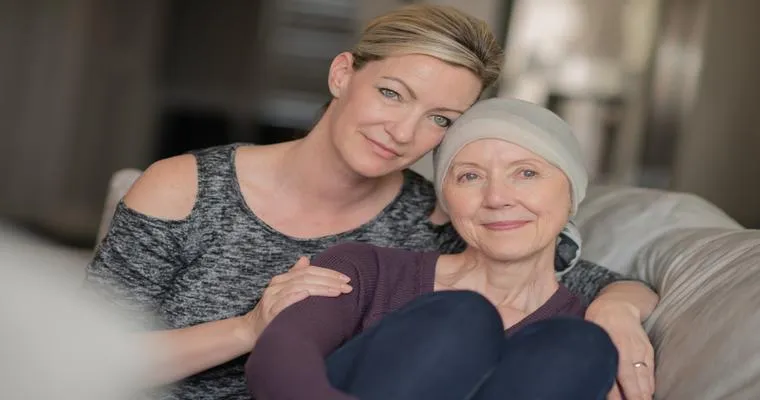
Getting Mom to accept aides?
Helping your mom accept aides involves gentle conversations about her needs and the benefits of assistance. Emphasize the support and companionship they provide, ensuring she feels involved in the decision. Address her concerns with empathy, reassuring her that seeking help is a sign of strength and a way to maintain her independence.

I am looking for a caregiver that will care for my mother in her home in exchange for room and board in her home. She resides in Indiana.
I am seeking a compassionate caregiver to provide support for my mother in her Indiana home. In exchange for dedicated care, the caregiver will receive room and board. This arrangement offers an opportunity for a nurturing individual to make a meaningful difference in my mother's daily life.

Dealing with a tremendous amount of guilt after putting mom in a nursing home?
Navigating the overwhelming guilt of placing a mother in a nursing home can be emotionally taxing. Feelings of betrayal and sadness often surface, compounded by the fear of being perceived as abandoning her. It's essential to acknowledge these emotions, seek support, and focus on the care and safety provided in the facility.

Father doesnt think anythings wrong, how can I get him to hospital for help? Edema, memory loss, falling, etc...
Concerns about a father's health can be challenging, especially when he believes nothing is wrong. To encourage him to seek help, express your worries calmly and respectfully. Highlight specific symptoms like edema, memory loss, and falls, and suggest a check-up as a precaution to ensure his well-being and peace of mind.

My sister and I are making sure we’re doing everything that’s making mom comfortable.
My sister and I are dedicated to ensuring our mom feels comfortable and cared for during this time. We take turns attending to her needs, whether it’s preparing her favorite meals, keeping her company, or simply listening. Our goal is to create a warm and supportive environment for her.

What is it called when woman with dementia in last stages wouldn't eat or drink anything?
In the final stages of dementia, women may experience a condition known as "terminal dehydration" or "dysphagia," where they lose the desire or ability to eat and drink. This can lead to significant weight loss and dehydration, often signaling the body’s natural progression towards end-of-life.
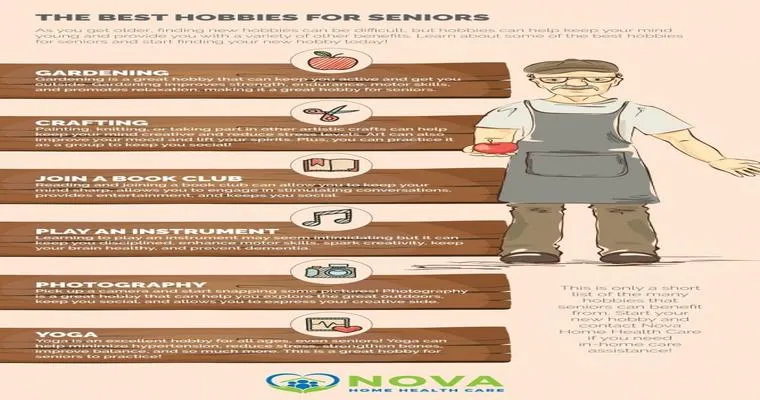
Caregiver Tips: Hobbies for Seniors With Limited Mobility
Engaging seniors with limited mobility in hobbies can enhance their well-being and provide joy. Consider activities like painting, listening to audiobooks, or gardening with adaptive tools. Encourage social interaction through games or virtual meet-ups. Tailoring hobbies to their interests fosters a sense of purpose and connection, enriching their daily lives.

How to Sneak Calories and Nutrients Into a Senior's Diet
To enhance a senior's diet, incorporate nutrient-dense foods like avocados, nut butters, and full-fat dairy into meals. Use smoothies to blend fruits, vegetables, and protein powders for easy consumption. Opt for calorie-rich snacks such as trail mix or yogurt, and consider fortifying dishes with healthy oils for extra calories.
Page 45 of 134